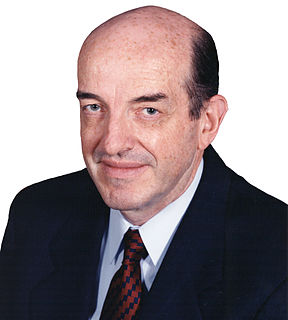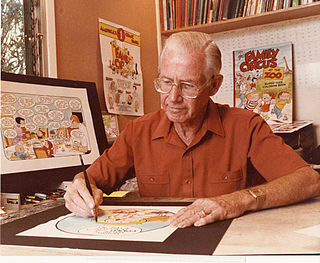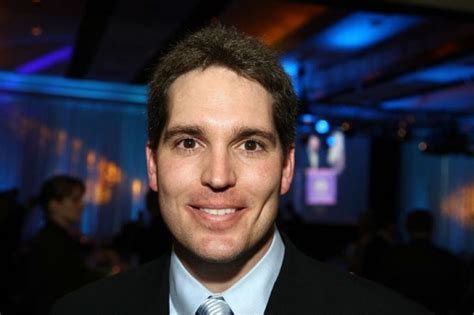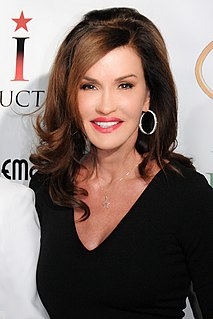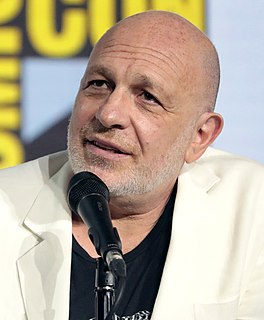A Quote by M. Russell Ballard
There is no such thing as unlawful censorship in the home. Movies, magazines, television, videos, the Internet, and other media are there as guests and should only be welcomed when they are appropriate for family enjoyment.
Related Quotes
If you have an internet service provider that's capable of slowing down other sites, or putting other sites out of business, or favoring their own friends and affiliates and customers who can pay for fast lanes, that's a horrible infringement on free speech. It's censorship by media monopolies. It's tragic: here we have a technology, the internet, that's capable really of being the town square of democracy, paved with broadband bricks, and we are letting it be taken over by a few gatekeepers. This is a first amendment issue; it's free speech versus corporate censorship.
This is the only free country in the world that's doing lobbying. Voters should be the lobbyists. If we can spend all of this time with all these different celebrities who fill up the internet and magazines then we should be able to keep an eye on politicians because they might cost you your job and your home and your life savings.
Our family may seem extraordinary in some magazines or something, but at home it's not. We're really just a very loving family. We're very close, and we don't read magazines. We just kind of go to work and come home. We try to keep a sense of reality into their lives. What's truly real, not Hollywood real.
It's a very teenage idea - this idea that thought is ruined when we give over to television shows and glossy magazines and what they are telling us to do. The alternative, I believe, in is pitiless censorship. Because we owe each other the best effort we can to see one another without that mediation.
In the long run magazines can't be a convenience play - the Web has stolen that. So magazines have to be high fidelity - a fantastic experience - to thrive. Magazines will survive the Internet age, but only the ones that give people an experience they just can't get anywhere else. A magazine will have to be truly loved to make it.

